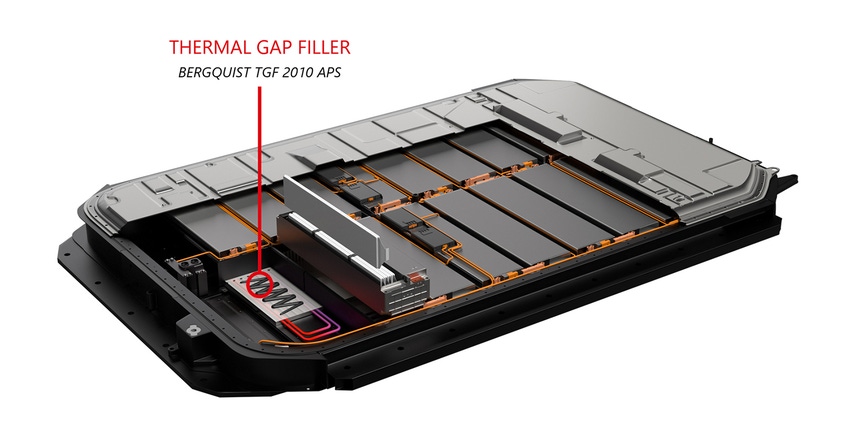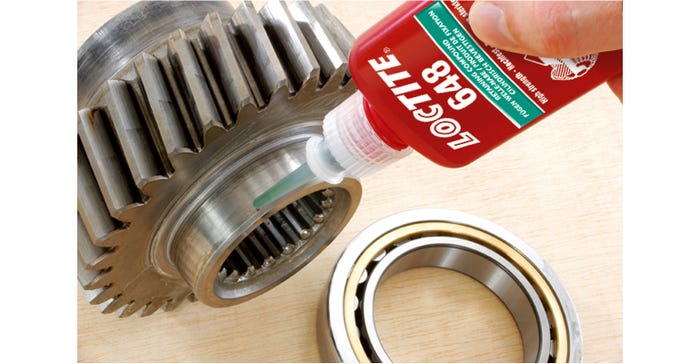Henkel is highlighting its latest advances in adhesives, sealants, thermal materials, and coatings for making safer and more sustainable batteries at The Battery Show Europe.
May 17, 2023

The glue holding the issues involved in improving battery design and development may actually be … glue. Global chemistry leader Henkel Adhesive Technologies is highlighting its latest advances in adhesives, sealants, thermal materials, and coatings for making safer and more sustainable batteries at The Battery Show Europe in Stuttgart, May 23-25.
“The Henkel E-Mobility team is proud to be helping our customers with our know-how on reliable and cost-efficient large-scale manufacturing with performance-driven and high-impact solutions,” stated Frank Kerstan, head of e-mobility Europe at Henkel. “This will include our latest innovations for new cell-to-pack designs with our thermally conductive adhesives, dielectric coatings and de-bondable adhesives for example.”
Henkel acknowledges as core to its mission for automotive and battery companies is achieving the best batteries at large-scale production at the lowest possible costs. Henkel has experts embedded in the development centers of major automotive and battery companies developing unique adhesives for highly automated assembly systems. In addition, the company’s Fuel the Future team is a recent addition to its Innovation Center Dusseldorf focusing on rapidly developing and changing battery issues, particularly in safety and recycling. A battery application and test center makes new adhesive solutions applicable to customers' battery designs in models and simulations. They are then installed in reference batteries and put through the paces to ensure everything works as expected.
Adhesives can also pull extra duty assisting in battery thermal management. Henkel’s adhesive technologists have developed thermal interface materials for use between the battery cell and the cooling plate. These materials dissipate excess heat from the battery cell into the cooling plate, which is permanently cooled in liquid form. This prevents the battery from overheating during charging and operation.

In case the battery does catch fire, Henkel’s new fire protection coatings developed specifically for electric vehicle batteries, Loctite EA9400 and Loctite FPC5060, help prevent flames from entering the vehicle interior for up to ten minutes, giving occupants time to get to safety.
Coatings can replace foil
Henkel will also be showcasing its range of dielectric coatings. Typically applied at the outer surface of the battery cell case as a replacement for PET-foil, these coatings feature fast UV light curing at room temperature while delivering high dielectric strength and structural performance. As part of the company’s comprehensive approach to creating automotive solutions, the coatings are designed to ensure high compatibility with Henkel’s thermal and structural adhesives.
To improve the overall lifetime performance and range of the battery, Henkel also offers conductive electrode coatings. Applied to the inside of the battery cell, they reduce the internal electrical resistance of the cell and increase the adhesion of the active material to the electrodes for both lithium iron phosphate (LFP) and lithium nickel manganese cobalt (NMC) battery cells.
As the focal point for Europe’s battery value chain, the Battery Show Conference provides a broad and deep range of industry thought leaders sharing their insights into current best practices and the innovations. On May 24, Henkel will be part of the conference’s “Battery Design and Management” track. Dr. Keon Lee, Henkel’s global expert on battery systems, innovation, and product development will host a session entitled “How to test and design a safe battery system with advanced materials.”
About the Author(s)
You May Also Like


